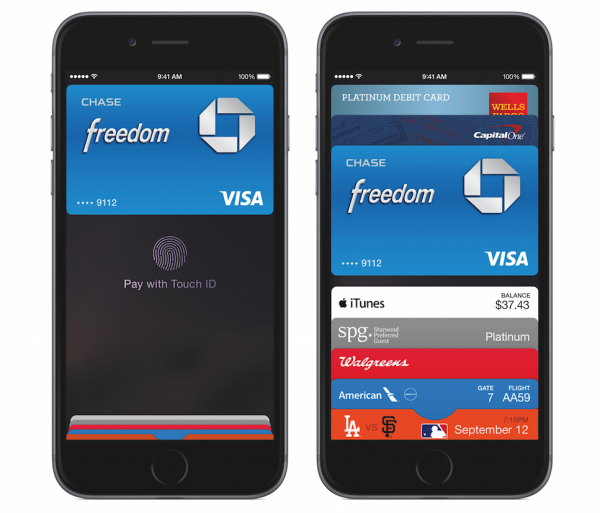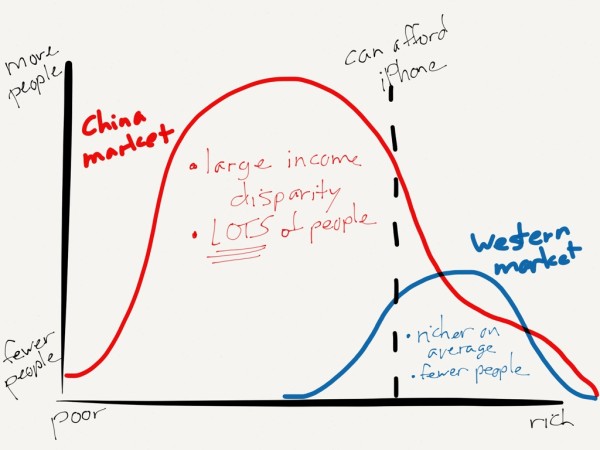You can't buy a latte with your iPhone 6. Starbucks is only supporting the in-app version of Apple Pay. It will be "primarily for loading and reloading" your Starbucks Card, says Maggie Jantzen, a Starbucks spokesperson. Starbucks stores don't currently have the NFC technology needed to make use of Apple's tap-to-pay feature. [...]
Apple Pay will save you from having to enter in your credit- or debit-card number if you need to reload your Starbucks Card. But you're far better off just using the Starbucks app and keeping your card on file for automatic reloads. And it changes nothing about how you actually pay for your latte.
This is rather disappointing. Apple Pay needs to become a habit before it can really catch on with consumers. I like how McDonald's, Subway, Petco, Whole Foods, and Chevron are on the list of launch partners, but how many people go to these places on the daily basis? Starbucks customers get coffee EVERY DAY.
I'm still bullish on Apple Pay and (US) mobile payments in general, but early adoption would be much stronger if Starbucks were on board completely.

